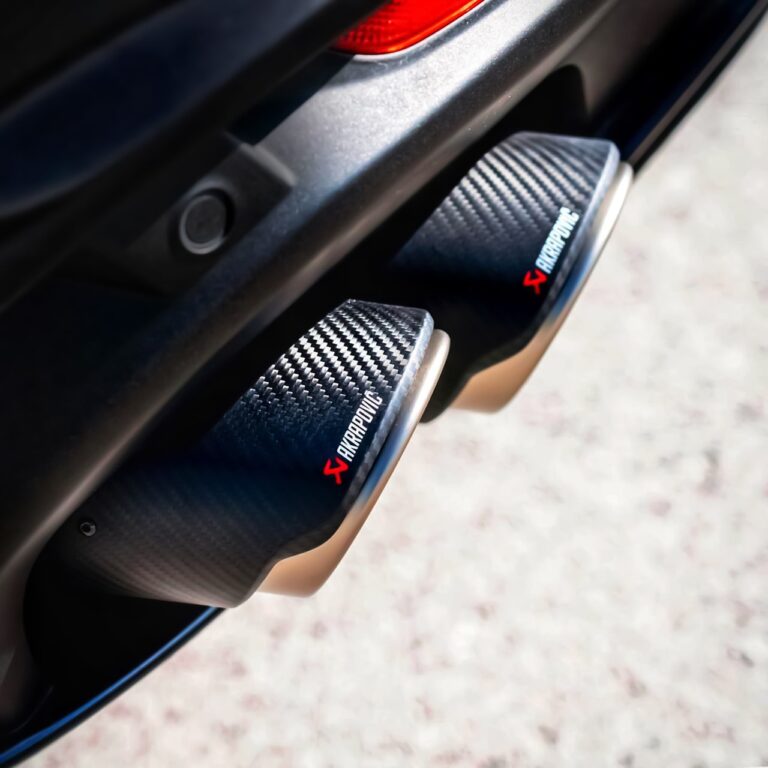Blockchain for Vehicle History Tracking
play99exch, lotus exchange login, playexch.in:Blockchain for Vehicle History Tracking
In today’s fast-paced world, technology is constantly evolving and impacting various industries. One such industry that is seeing significant changes is the automotive sector. With the introduction of blockchain technology, tracking the history of vehicles has become more transparent and secure than ever before.
So, what exactly is blockchain technology, and how is it revolutionizing vehicle history tracking? Let’s delve into the details and explore the benefits of using blockchain for tracking the history of vehicles.
Understanding Blockchain Technology
Blockchain technology is a decentralized digital ledger that records transactions across a network of computers. Each block in the chain contains a list of transactions, and once they are added to the chain, they cannot be altered or deleted. This makes the data stored on a blockchain immutable and secure.
When it comes to vehicle history tracking, blockchain technology can be used to create a digital ledger that records all the key information about a vehicle, including its ownership history, maintenance records, accident reports, and more. This information is stored on a blockchain in a secure and transparent manner, providing a complete and trustworthy record of the vehicle’s history.
Benefits of Using Blockchain for Vehicle History Tracking
1. Transparency: Blockchain technology provides transparency in tracking the history of vehicles, as all the information is stored on a decentralized ledger that can be accessed by anyone with the appropriate permissions. This ensures that the data is accurate and up-to-date.
2. Security: The data stored on a blockchain is encrypted and cannot be tampered with, making it highly secure. This helps prevent fraud and ensures that the information about a vehicle’s history is reliable and trustworthy.
3. Traceability: Blockchain technology enables users to trace the complete history of a vehicle, from its manufacturing date to its current ownership status. This can be helpful in verifying the authenticity of a vehicle and preventing the sale of stolen or counterfeit cars.
4. Efficiency: By using blockchain technology for vehicle history tracking, the process of accessing and verifying information about a vehicle becomes more efficient and streamlined. This can save time and resources for both buyers and sellers in the automotive industry.
5. Data Integrity: The decentralized nature of blockchain technology ensures that the data stored on the blockchain is accurate and reliable. This helps in eliminating errors and discrepancies in the vehicle history record, creating a more trustworthy system for tracking vehicle information.
6. Improved Resale Value: Having a transparent and verifiable record of a vehicle’s history can increase its resale value. Buyers are more likely to trust a vehicle with a clear history on the blockchain, leading to higher resale prices for the sellers.
Implementing Blockchain for Vehicle History Tracking
To implement blockchain technology for tracking the history of vehicles, automotive companies can create a digital ledger that stores information about each vehicle in a secure and transparent manner. This can be accessed by dealers, buyers, and other stakeholders in the automotive industry to verify the authenticity and history of a vehicle.
By leveraging blockchain technology, automotive companies can enhance the trustworthiness of their vehicle history records and provide a more reliable and secure system for tracking the history of vehicles. This can help in preventing fraud, improving customer confidence, and increasing the efficiency of the automotive industry as a whole.
FAQs
Q: Can blockchain technology prevent odometer fraud in the automotive industry?
A: Yes, blockchain technology can help prevent odometer fraud by storing the accurate mileage of a vehicle on a secure and immutable ledger. This can help in verifying the authenticity of a vehicle’s mileage and preventing fraudulent practices.
Q: How can consumers access the blockchain record of a vehicle’s history?
A: Consumers can access the blockchain record of a vehicle’s history by using a secure digital platform provided by the automotive company or a trusted third-party service. This platform allows users to view and verify the information stored on the blockchain in a transparent and secure manner.
Q: Is blockchain technology widely adopted in the automotive industry for vehicle history tracking?
A: While blockchain technology is still in its early stages of adoption in the automotive industry, many companies are exploring its potential benefits for tracking the history of vehicles. As the technology matures and becomes more mainstream, we can expect to see wider adoption of blockchain for vehicle history tracking in the future.







